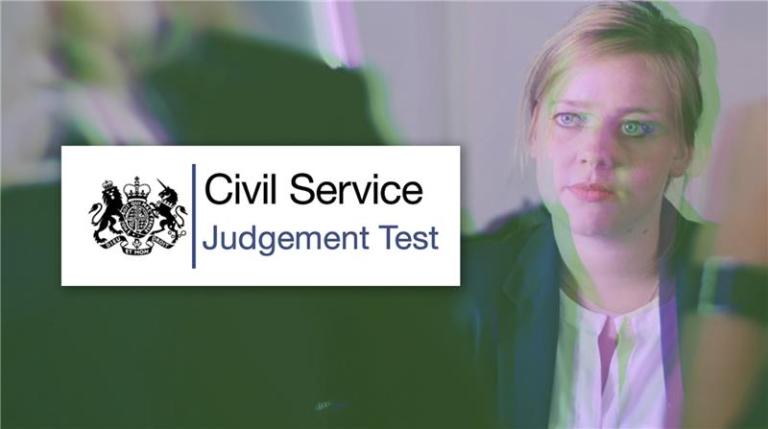Support The Big Issue and our vendors by signing up for a subscription.
“We handle hundreds of thousands of claims a year with the majority of people satisfied with the service they receive,” a DWP spokesperson told The Big Issue.
“Our Disability Assessors are all experienced health professionals, trained to consider how people are affected by their disability, rather than just the disability itself. and can take account of information from other professionals, including GPs.”
The government is expected to launch a consultation on health and disability reforms in the coming months, but nearly 90 per cent of people surveyed said they had little confidence ministers would even consider making the changes to benefits assessments which disabled people feel would improve their lives.
“These results show the daily struggle that disabled people face, in large part due to the government’s continued failure to reform the failing assessment process,” said Vicky Foxcroft MP, Labour’s Shadow Minister for Work and Pensions.
“The government’s repeatedly delayed disability strategy is the opportunity for them to show they listen and understand the experiences of disabled people, in order to urgently reform this broken system that is letting so many people down.
Advertising helps fund Big Issue’s mission to end poverty
“Labour is committed to the principles of co-production, not just in name but in reality. Listening to the experts by experience. This government is running out of excuses, they must act now to improve the lives of disabled people.”
The “discriminatory” benefits assessments should be scrapped entirely and benefits decisions based on medical evidence, personal testimony and evidence from parents, support workers and mental health staff, the campaigners said in a series of recommendations.
“The assessment report stated that as my fatigue was owing to cancer a number of years ago that it could not be active now as my treatment was so long ago,” said another claimant.
“I had to send back a statement of challenge, including citing that I would consult a solicitor, and quoting several high profile cancer sites which state clearly that for some people fatigue continues long after treatment. I felt the assessor had no knowledge of basic medical facts.”
Another example cited a “more deliberate misconstruing of events”.
In this case, the benefits assessment took place in the claimant’s home, and they said they were helped out of a chair by a family member and assisted to the bathroom up the stairs.
Advertising helps fund Big Issue’s mission to end poverty
“The assessor then said in the report that I got up without assistance and went the toilet so I had no issues with mobility using my crutches and had no issues with the stairs,” said the claimant, “However from where she was sitting she could not see me go up or down them as I need someone to help me and also ensure I don’t fall.”
Vicky Foxcroft MP, Labour’s Shadow Minister for Work and Pensions, said:
“You’re frazzled and fearful all of the time,” said Lee*, a London-based disabled campaigner for the charity.
“This government needs to revisit the core value of helping those who have met adversity in life, not to render their lives more difficult and fearful than they already are.
“From 2006 [the Department for Work and Pensions] already knew there was no cure for my chronic conditions,” the 63-year-old – who lives with fibromyalgia, carpal tunnel syndrome, amyloidosis and chronic pain – added. “Yet from income support to [employment and support allowance], from incapacity benefit to [personal independence payments], I continue to be reassessed every two years.”
The DWP uses privately-contracted companies to determine people’s fitness for work, which Lee said is “clear, because if they had an understanding of your condition, they wouldn’t ask the questions that they do.
Advertising helps fund Big Issue’s mission to end poverty
“The questions themselves are superficial and don’t allow for a truthful reflection of someone’s condition,” she added. “You can’t railroad conditions into rigid criteria.”
The DWP should also reinstate indefinite awards for people whose conditions will not improve, according to the report.
Benefits assessors and ministers have “ignored the plight of disabled people who have endured a decade of discrimination and degradation,” said Anela Anwar, chief executive of Z2K, calling it a “fundamentally flawed system which all too frequently puts blunt processes before people’s wellbeing.
“How many more people will be forced to endure these distressing and damaging benefits assessments while ministers continue to drag their feet?” she added.
“Government has lost the trust of disabled people who don’t believe their experiences will be heard or acted upon. This government must urgently publish its much promised health and disability green paper and ensure the views of disabled people are at the heart of a long overdue systemic reform. They simply can’t afford to get this wrong again.”
Advertising helps fund Big Issue’s mission to end poverty
Government policy focused on disabled people will be tested in court later this year, after two so-called legacy benefit claimants won the right to bring a High Court judicial challenge against the decision not to extend the £20-per-week universal credit increase to them.
Legacy benefits – such as income support and employment and support allowance – are claimed mostly by disabled people, who were found to have incurred higher living costs during the pandemic. But Work and Pensions Secretary Thérèse Coffey told MPs she did not believe disabled people had been treated badly during the Covid-19 crisis.
*Name has been changed for privacy reasons.










